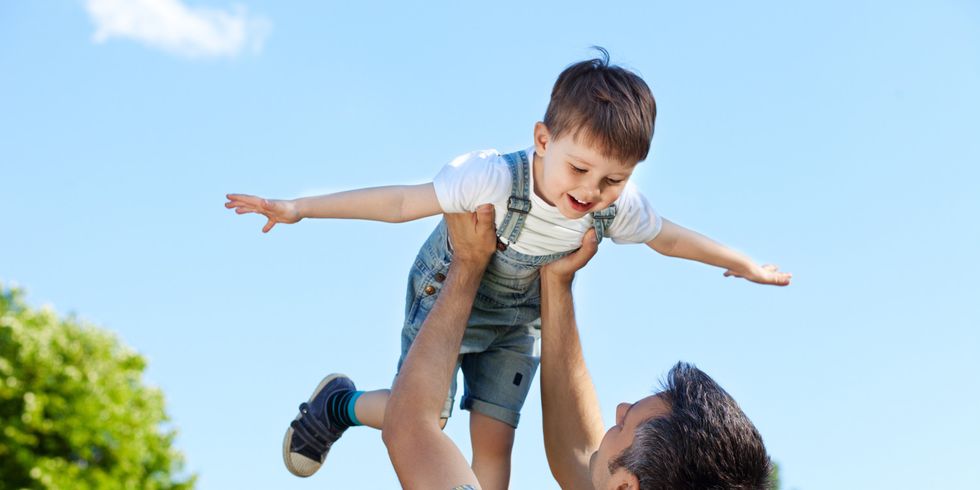Counselling by the parenting and family counselling centres
If you have general questions about child-raising, problematic child-raising situations, a dispute within the family about the “right” kind of child-raising as well as all questions having to do with partnership conflicts, separation and divorce, you can contact a parenting and family counselling centre and get advice on child-raising issues.
Contact with the youth welfare office
Parents or legal guardians as well as the children and young people themselves can contact the youth welfare office if they feel that they need help. Experienced social education workers from the youth welfare offices will help you and work out solutions together with all those involved as part of assistance planning. The youth welfare offices have contact points in all residential districts that are open to families, single parents and young people with questions about child-raising issues and family problems. They are called Regional Social Educational Services (RSD), Regional Services or Regional Social Services.


